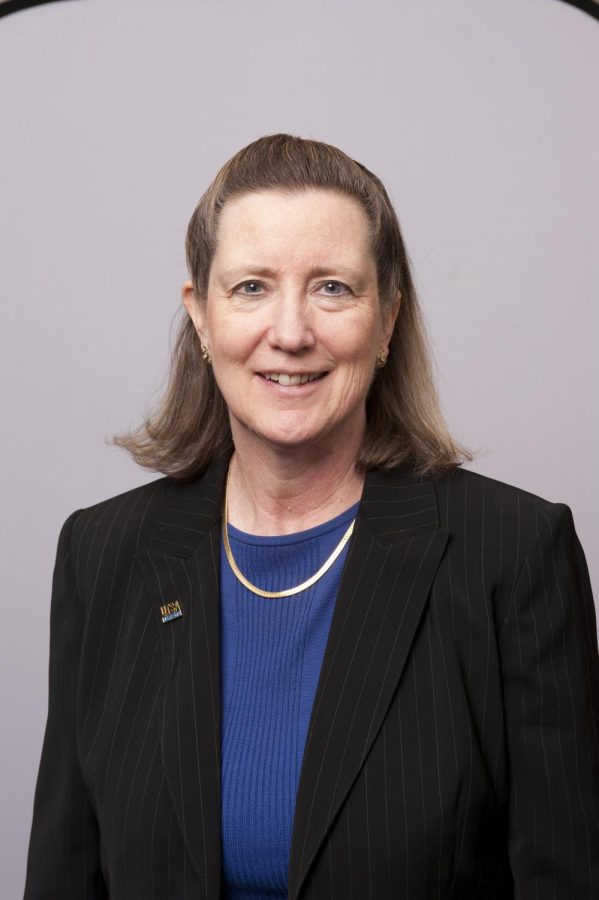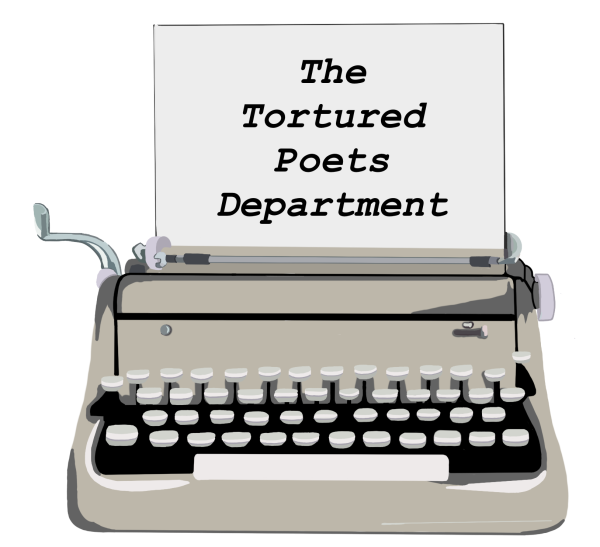UTSA’s chief medical officer discusses upcoming end of pandemic emergency measures
April 25, 2023
On April 10, President Joe Biden signed Bill H.J.Res. 7 to end the COVID-19 national and public health emergencies beginning May 11. The declarations allowed the federal government to temporarily modify aspects of the healthcare system. The Department of Health and Human Services (HHS) cites a decrease in daily reported cases by 92%, COVID-19 deaths down by over 80% and hospitalizations because of the virus declining by almost 80% as factors that influenced this decision.
HHS assures a continued effort to battle the virus despite the end of the emergency orders, such as keeping the vaccine and certain COVID-19 treatments free. However, major changes to testing and tracking are incoming. For example, there will no longer be mandatory free over-the-counter testing kits provided through Medicaid or private insurance, and labs will no longer be obligated to share their testing data with the Centers for Disease Control and Prevention. Information on active COVID-19 cases has been crucial to counteract the pandemic.
Dr. Beth Wichman, chief medical officer at UTSA, details the importance of continued self-testing.
“Self-testing continues to be recommended for symptomatic and exposed individuals,” Wichman said. “By self-testing, you are able to begin following the CDC’s recommended measures to reduce transmission to others. Knowing your status helps you know when to isolate, wear a mask or take extra safety measures around vulnerable people. Additionally, when you self-report your results to Recovery Operations, you will receive guidance based on your reported status. Timely self-testing allows us to provide the most accurate and helpful guidance possible.”
In San Antonio, COVID-19 cases have declined since the beginning of the year. The city saw 2,497 new cases the week of Jan. 9, while only 129 new cases were reported as of April 21. Over 700,000 residents in Bexar County have contracted the virus since 2020, resulting in the deaths of 6224 people. Although the virus shows no signs of complete eradication, a dwindling presence offers the community a hopeful future.
Dr. Wichman states it is “unclear” how the end of the declarations will affect the future of COVID-19 cases but recommends certain actions for protection before and following May 11.
“Monitor your health, continue to follow CDC procedures for isolation, exposure or symptomatic conditions, and stay up to date with your COVID-19 vaccines and boosters,” Wichman said. “The FDA and the CDC recently recommended a second booster dose of the bivalent COVID-19 vaccine this spring for those 65 years of age and older and also to those who are immunocompromised. A booster dose of a COVID-19 vaccine for most individuals is being considered for fall 2023.”
UTSA Recovery Operations also intends to provide at-home testing kits outside the Rowdy Campus Store in the Student Union starting at 10 a.m. on May 3. A limited amount of kits will also be available at Wellness 360 while supplies last.












